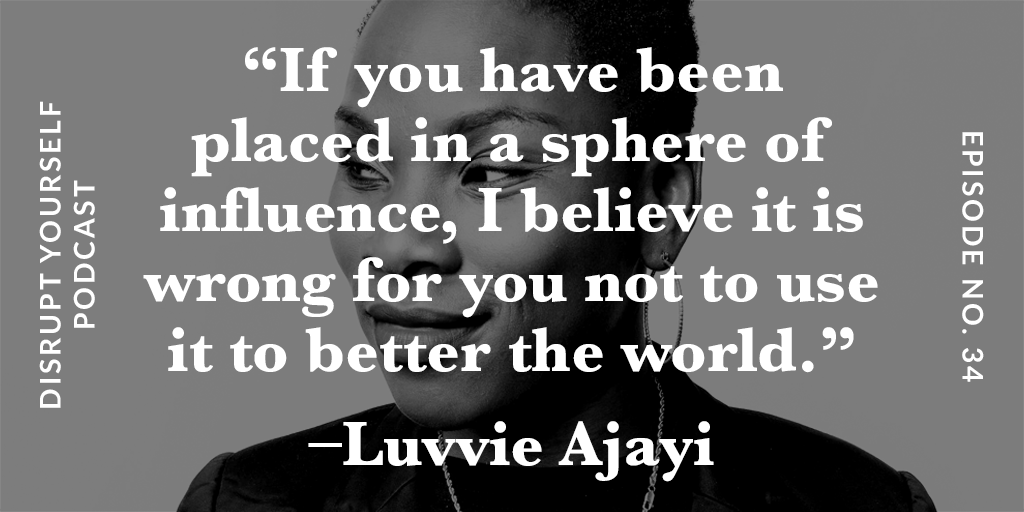Gabrielle Blair, founder of Design Mom posted on Instagram:
“Hey fellow white people. Like me, if you were born in America and grew up in America, you were raised to be racist. Even if we ‘don’t see color’. Even if we can’t identify anything racist we’ve ever said or done or thought. Don’t argue with it, just accept it.”
I can point to a moment within hours of reading this post when I realized it was true. Two of my colleague truth-tellers asked me what I was going to post on social media about this past week of pain and injustice, and it hadn’t occurred to me to post anything.
When I have a colleague who is ill, I reach out. When I have a colleague die or suffer the death of a loved one, I reach out. Yet I have colleagues who are experiencing deep pain—have been, are, will be moving forward—and who fear for their lives and the lives of those they love. I hadn’t said a word. It’s not malicious; it simply hadn’t occurred to me.
A serious failure. How would I feel? How would anyone feel if they were attacked and others acted as if nothing much out of the ordinary had happened?
I would feel like I didn’t matter, obviously, and so would you. In fact, it’s so obvious that I’m embarrassed and ashamed to have come so slowly to this incomplete but better understanding of how myriad people all around me are feeling, today and everyday—objectified, diminished, invalidated. And those things are not the worst of what they are forced to endure.
I am inspired by this post from Pamay Bassey, Chief Learning Officer at Kraft Heinz:
“My friend Maud once said, ‘There are times when we must speak, not because you are going to change the other person, but because if you don’t speak, they have changed you.’ ‘Silence doesn’t change the world. It changes us.’”—Cleo Wade
We all have a platform from which to speak, whether to a handful or millions. I’m committing to use my platforms, personal and professional, to speak truth about racism, racism in America, in my hometown and in myself, to spotlight the achievements of diverse people, and to amplify the voices of those who better than I understand what it means to be marginalized, passed over and worse.
What if you don’t know what to say?
New York Times bestselling author Luvvie Ajayi suggests that, “You can always share the words of someone who does. If you can’t sing, pass the mic.”
We’ve had Luvvie on the podcast, sharing her wisdom; this week the podcast will feature a replay of her episode; next we’ll be talking with, Greg Haile, president of Broward College, one of the ten largest community colleges in America.
For now, I’m passing the mic. Here are some places I’ve read/heard words on this subject more articulate than mine—there are many, many more. Whatever we do, let’s take the time to learn more, feel more, be changed, and become agents of change.
Blog post from Julie Lythcott-Haims
Mashable: How to Be Anti-Racist
Eddie Glaude: This is Us (clip from August 2019) (thank you to Ralph Campbell for sending me this clip)
My best,
Whitney


